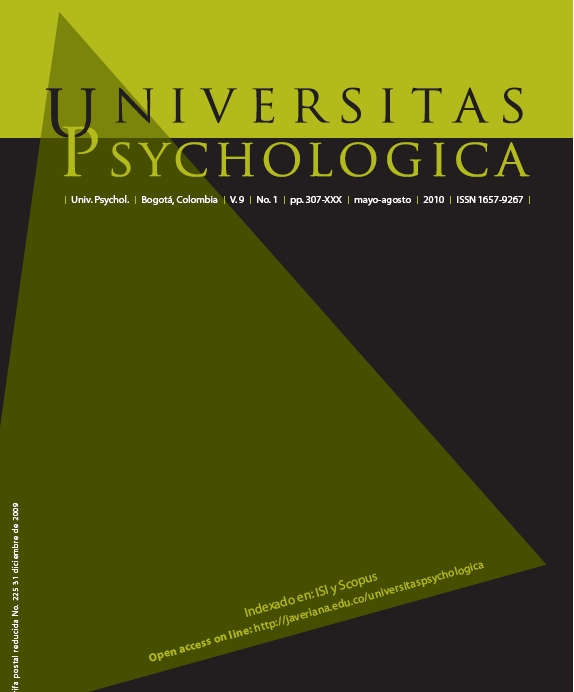Abstract
The following article’s objective is to demonstrate that the concept of splitting introduced by Ferenczi differs qualitatively from the Freudian concept of Spaltung and is a novel concept for clinical psychoanalysis. Throughout the review, the confusion regarding the concepts of splitting and Spaltung in the psychoanalytic literature is highlighted and an effort is made to recover the importance of the Ferenczian concept. This way, the article defines the concept of splitting through the works of Sandor Ferenczi; explains the concept of Spaltung in Freud and outlines the turning points of it in the different moments of his work; establishes differences and similarities between splitting and some terms with which it is often confused: disintegration, fragmentation, schism, cleavage, Spaltung,, atomization, annihilation and denial; and, finally, establishes a relation between the Ferenczian concept of splitting and the Freudian Spaltung..
This journal is registered under a Creative Commons Attribution 4.0 International Public License. Thus, this work may be reproduced, distributed, and publicly shared in digital format, as long as the names of the authors and Pontificia Universidad Javeriana are acknowledged. Others are allowed to quote, adapt, transform, auto-archive, republish, and create based on this material, for any purpose (even commercial ones), provided the authorship is duly acknowledged, a link to the original work is provided, and it is specified if changes have been made. Pontificia Universidad Javeriana does not hold the rights of published works and the authors are solely responsible for the contents of their works; they keep the moral, intellectual, privacy, and publicity rights. Approving the intervention of the work (review, copy-editing, translation, layout) and the following outreach, are granted through an use license and not through an assignment of rights. This means the journal and Pontificia Universidad Javeriana cannot be held responsible for any ethical malpractice by the authors. As a consequence of the protection granted by the use license, the journal is not required to publish recantations or modify information already published, unless the errata stems from the editorial management process. Publishing contents in this journal does not generate royalties for contributors.


